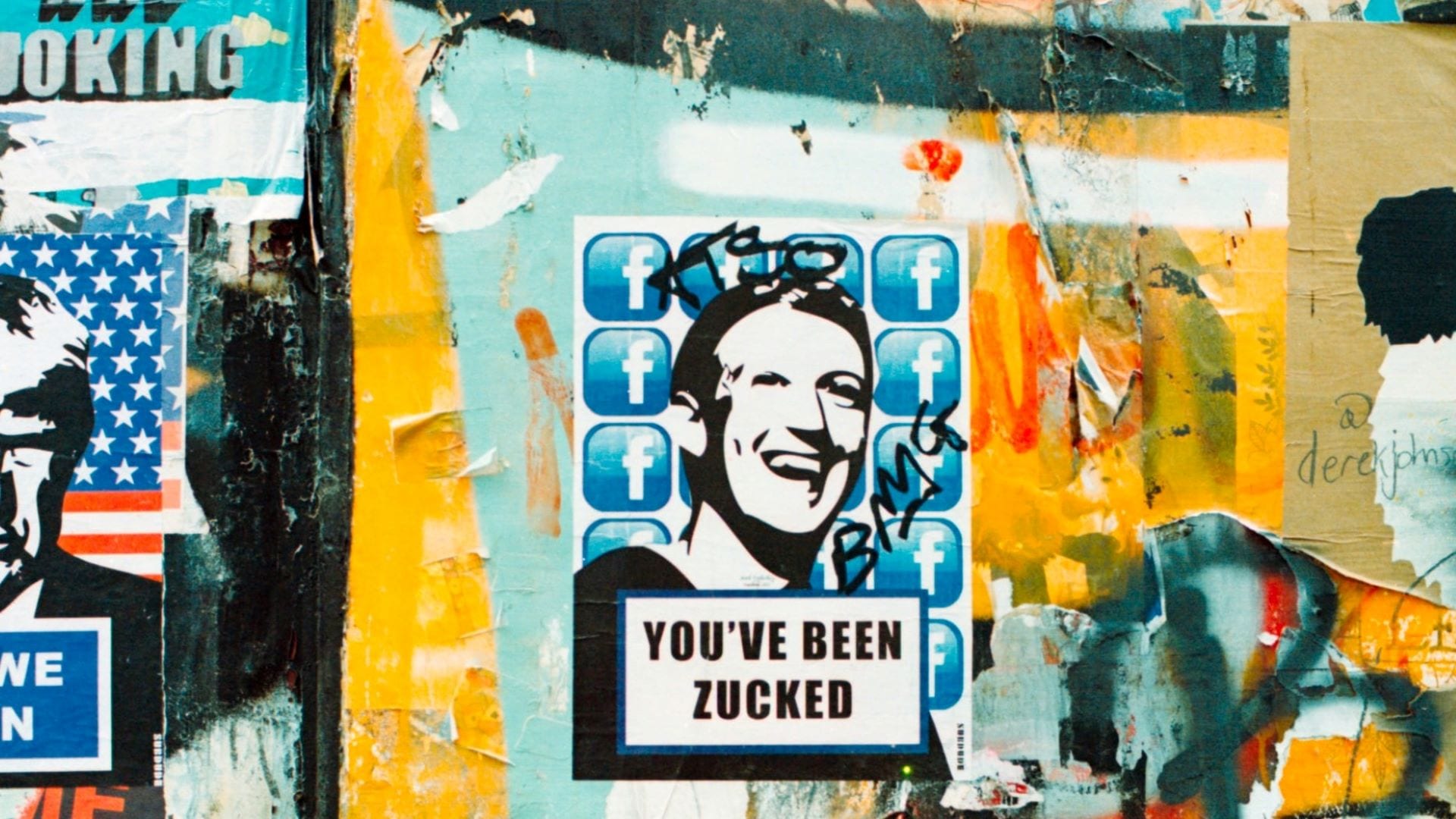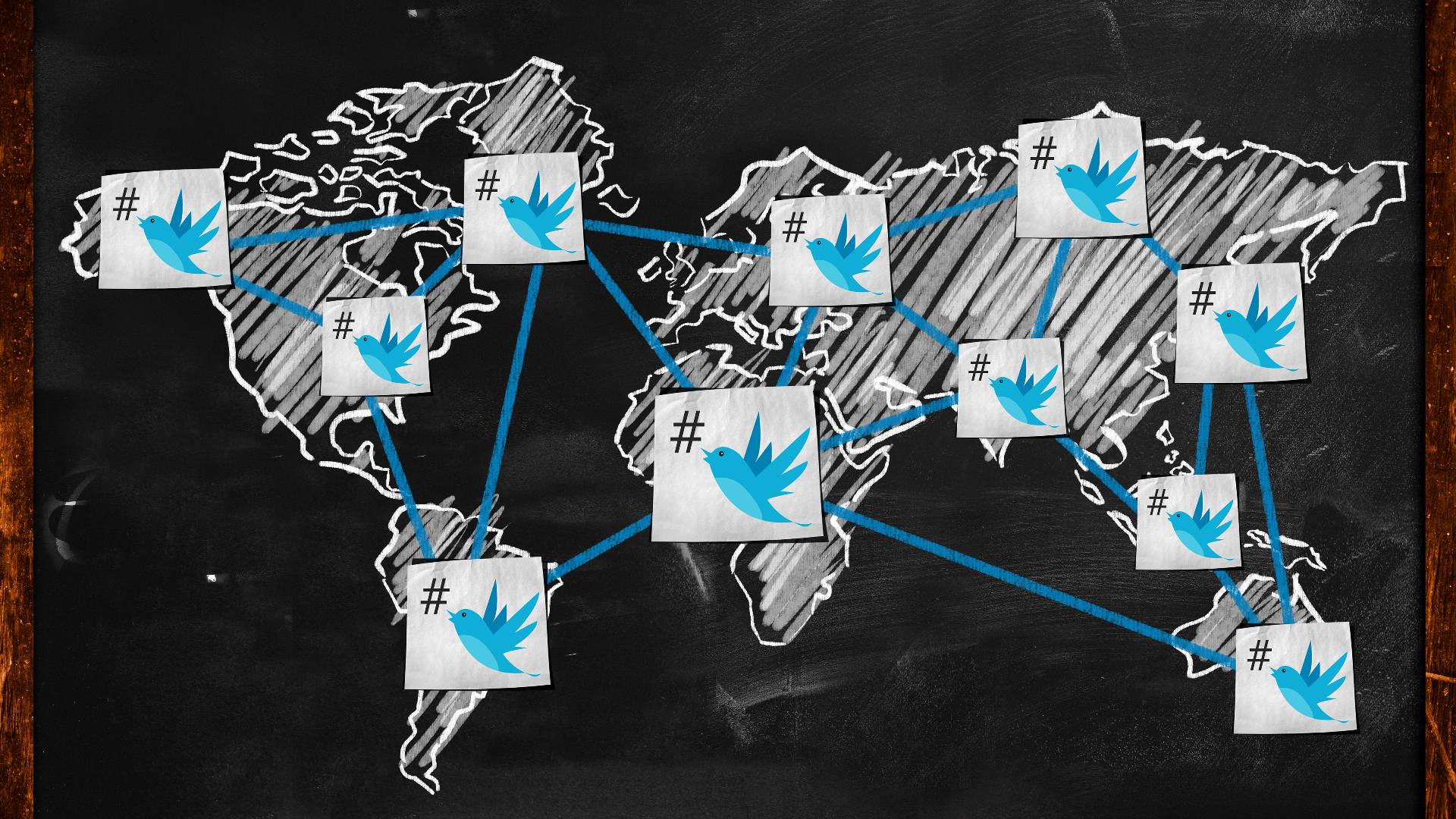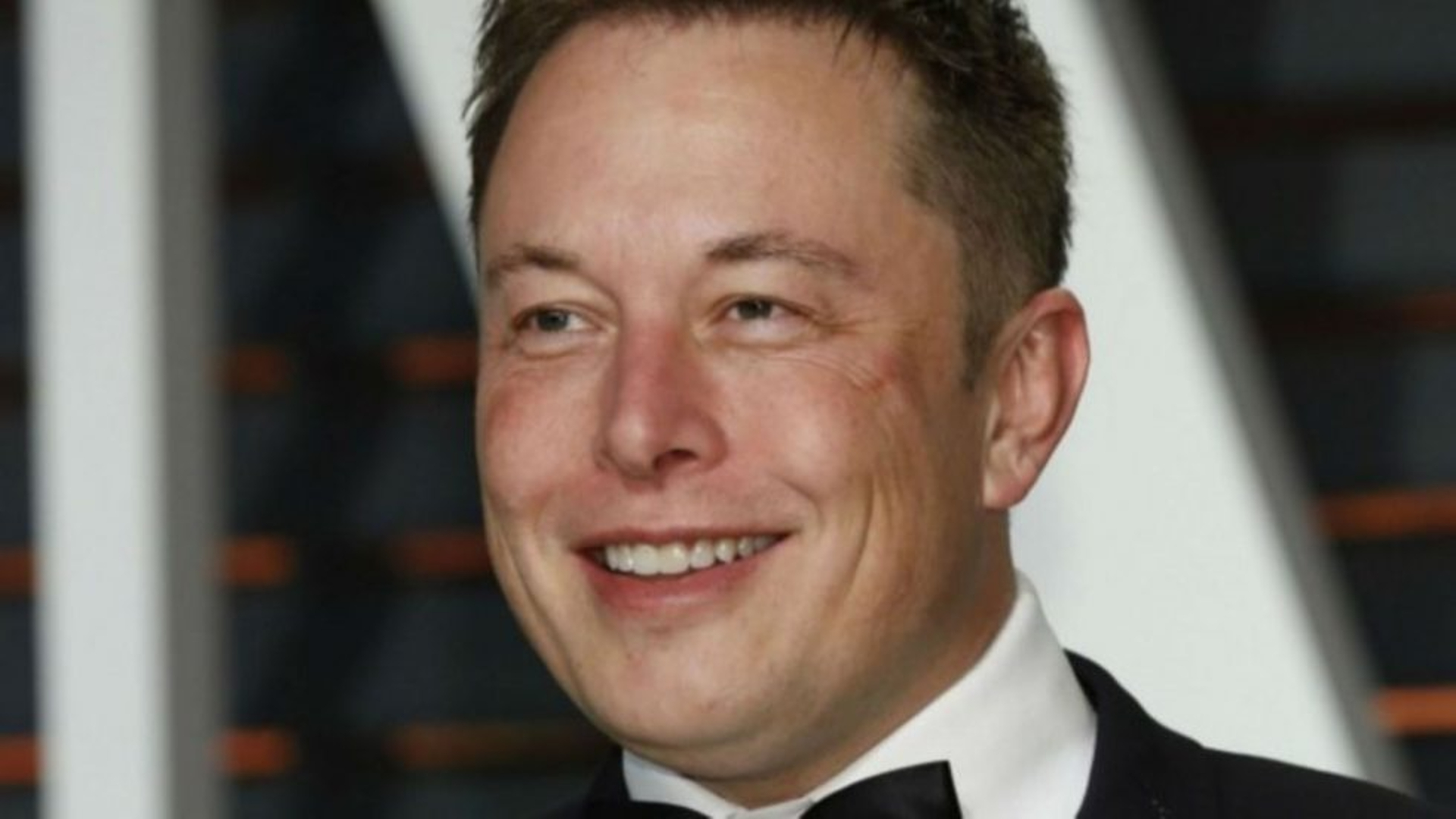Tag: Twitter


Why Section 230 is vital for freedom of expression online
February 8, 2023 | Post
There was a time when the debate around Section 230 was limited to the underworld of D.C. tech policy folks, but this is certainly no longer the case. While this once obscure part of the Communications Decency Act was gradually becoming more of a discussion point, it was thrust into the mainstream when Twitter and Facebook banned Donald Trump from their platforms after he posted incendiary tweets. Here’s why we should defend Section 230…

Is Elon Musk really a friend of free speech?
December 16, 2022 | Post
On December 15, 2022, under Elon Musk, Twitter suspended several prominent journalists’ accounts from publications such as The New York Times, The Washington Post, and CNN, among others.

Elon Musk’s ego will always trump free speech
November 16, 2022 | Post
Elon Musk, who has described himself as a “free speech absolutist,” has stated in the past that there should be no permanent bans on the platform. Despite these promises, mere days into Musk’s term at the helm of Twitter, things already spun wildly out of control. Kathy Griffin has already been permanently banned from Twitter for a parody tweet, “impersonating” Musk and encouraging his followers to vote Democrat in the recent midterms.

What Elon Musk buying Twitter means for social media and free speech
April 27, 2022 | Post
What will Elon Musk’s takeover of Twitter actually mean for the future of social media and free speech online? What changes can we expect?

